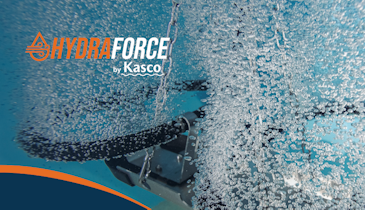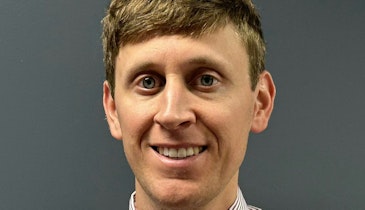
The biosolids facility transforms solids from all wastewater treatment plants in Greater Sudbury into Class A biosolids. The facility is owned by the city but operated by N-Viro and uses a patented N-Viro process. The final product is used in mine reclamation.
In a mining district of northeastern Ontario, biosolids from wastewater treatment plants are being used to revegetate land that had been covered with mine tailings.
The mining reclamation is the result of a public-private partnership between the City of Greater Sudbury and N-Viro...






